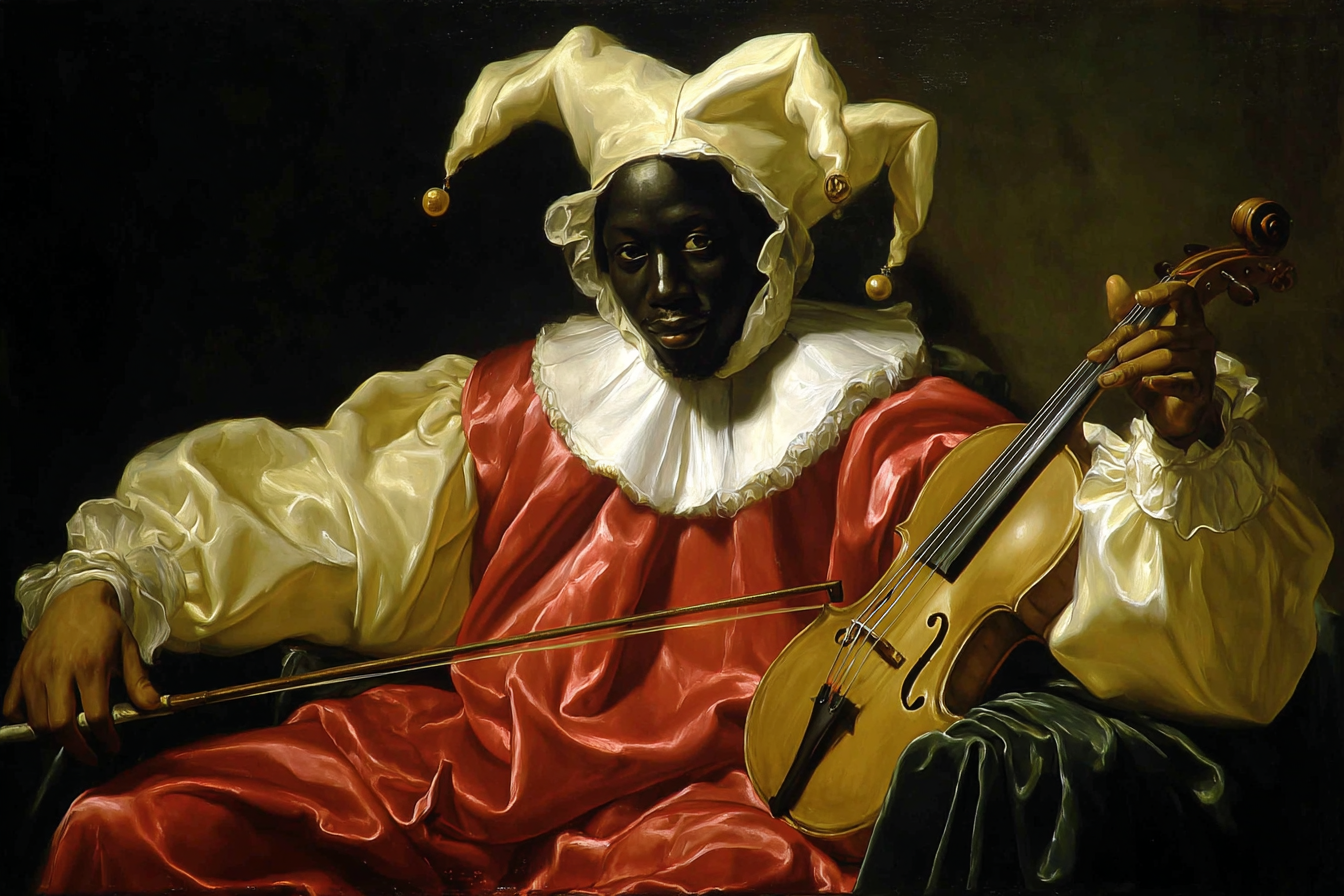Summary: The music sounds fine, and the charts keep moving, but beneath the surface something is broken. This isn’t about streaming figures or viral trends it’s about purpose. Between content strategies and TikTok loops, the genuine ‘why’ behind music has vanished. COVID didn’t cause this it exposed it. Now we’re facing an industry of artists skilled at promotion but disconnected from passion. This isn’t nostalgia; it’s about survival. The soul of music itself hangs in the balance.
By Neenyo
Let’s stop pretending everything’s fine. The music industry is running like a well oiled machine until you actually listen. Not just to the songs, but to the silence behind them. The absence of why.
Before COVID, it was already headed this way. But the pandemic took what little foundation was left and cracked it open. Artists used to tour to survive. To connect. To matter. Then the stages went dark, the audience disappeared, and everyone was left with a screen and a livestream that felt more like a coping mechanism than a concert.
Suddenly, the whole thing felt exposed. People had time to sit with their thoughts. Artists especially. No deadlines, no distractions just the question: What the hell am I doing this for?
That pause forced something uncomfortable into focus: most of the infrastructure we’ve built doesn’t support meaning, it suppresses it. Songs are now content. Releases are campaigns. Musicians are marketers with melodies. And it’s breaking people.
It wasn’t always like this.
There was a time when music was dangerous. When it challenged power. When it pulled people into the streets. You couldn’t separate the artist from the era they were speaking to. The work stood for something, and that meant everything. Now? Half the time, it’s standing for nothing just trying not to disappear into the feed.
That’s the other thing: the pressure. You can’t just make a record anymore. You have to stay “relevant.” Which means staying visible. Post the snippet. Post the merch. Post the throwback. Post the announcement for the announcement. You’re not building a legacy, you’re managing impressions. And if you slow down, someone else eats your spot.
It’s not just exhausting it’s corrosive.
There’s a quiet crisis happening in real time. Artists are burning out not from the hustle, but from the dissonance. The gap between what they thought this life would be, and what it’s actually become. That’s where the real damage is happening. Not on the charts, but in the studio. In the silence after the take. In the notes app that never turns into a song because there’s no room left for risk.
And the media? They don’t help. The stories we elevate are usually about success, not substance. We hand out praise for numbers, not nuance. Meanwhile, the people actually trying to say something get ignored because they’re not algorithm friendly.
But not all hope is lost.
There are still people out there doing it right. Not chasing clicks, but chasing clarity. They might not top the charts, but they’re building something better something that might last longer than the cycle.
So what do we do?
We start by choosing differently. Support the platforms that care more about quality than quantity. Back the artists who still believe this is about something bigger than playlists. And most of all, give space. Not everything has to be instant. Not everything has to be optimized.
The future of music doesn’t depend on the next big drop. It depends on whether we remember why we started in the first place. And whether we’re willing to fight for that when everything around us says not to bother.
Because if music loses its purpose, what’s left?
